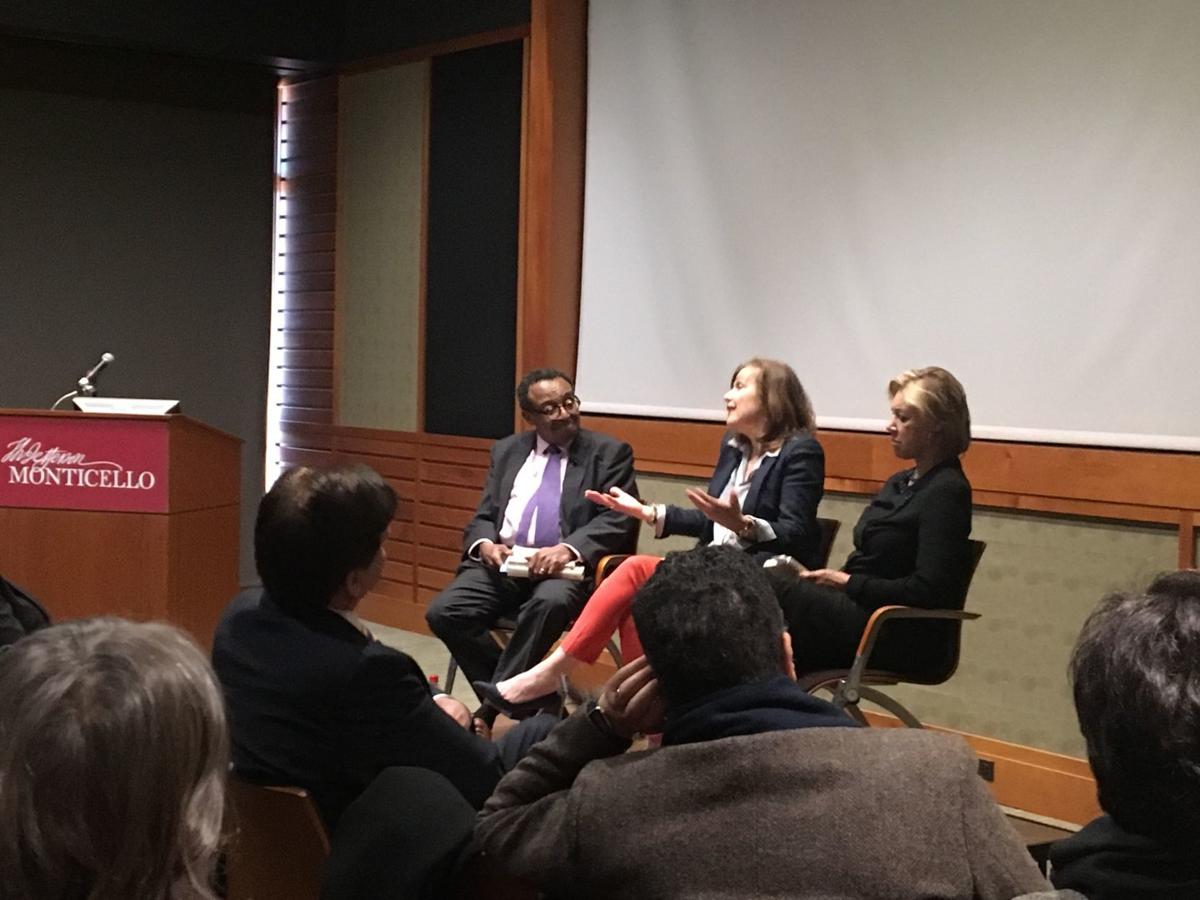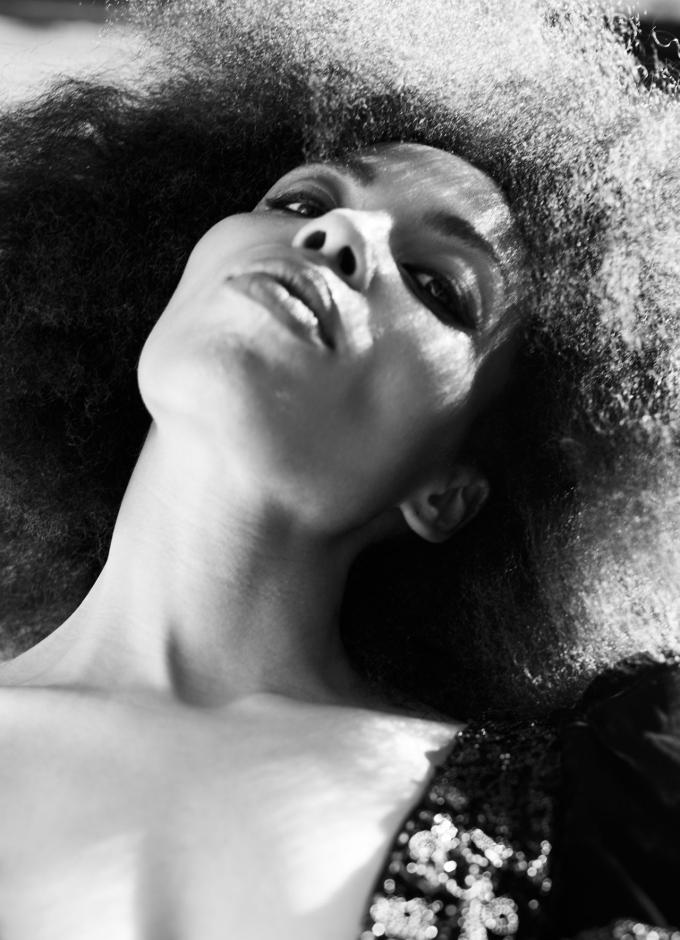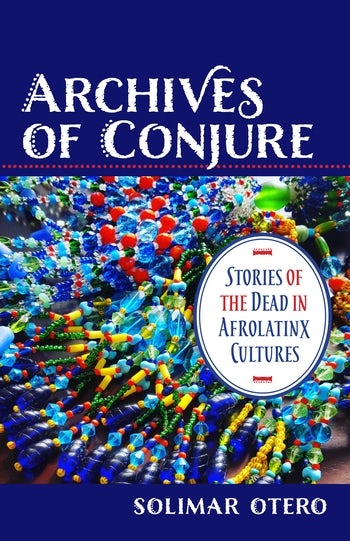Escaping BlacknessPosted in Articles, Book/Video Reviews, Europe, Media Archive, Passing, Philosophy, United States on 2020-03-07 02:03Z by Steven |
New York Review of Books
2020-03-26
 Thomas Chatterton Williams, New York City, 2019 Dominique Nabokov |
Self-Portrait in Black and White: Unlearning Race
by Thomas Chatterton Williams
Norton, 174 pp., $25.95
The black individual passing for white in nineteenth- and twentieth-century American fiction by white writers is usually a woman, and usually when the truth emerges, the purity of the white race is saved. However, in An Imperative Duty (1891) by William Dean Howells, a Boston girl is ashamed to find out that legally she is colored, but her white suitor marries her anyway and takes her off to a life in Italy. In the beginning of Charles Chesnutt’s The House Behind the Cedars (1900), a “high-bred” black man in North Carolina returns to his hometown to ask his sister to take his dead white wife’s place and bring up his son. A young aristocrat she meets in her new white life proposes marriage, but soon learns the truth of her origins. Literary convention, in the form of a fever, kills her. The white suitor realizes too late that love conquers all. He promises to keep the brother’s secret.
The secret was as radical as Chesnutt could get. From a North Carolina family of “free issue” blacks—meaning emancipated since colonial times—Chesnutt had blond hair and blue eyes. He wouldn’t pass for white, because if he became famous then he chanced someone appearing from his past. He preferred to pursue reputation as a black man. Chesnutt had cousins who crossed the color line and he never told on them, viewing passing as an act of “self-preservation,” a private solution to the race problem. The big escape from being black was an American tradition. Three of Sally Hemings’s six children ended up living as white people.
The nameless narrator of James Weldon Johnson’s novel The Autobiography of an Ex-Colored Man (1912), a widower and a father, says little about his life as a white man. He is interested instead in his past as a black person, his life with different classes of black people, his wanderings around Europe as a young musician. When he returned to the United States and went on a folk song–collecting tour of the South, he witnessed a lynching—a black man being burned alive. Terrified, he got himself across the color line. He didn’t want to belong to a racial group so utterly without power…
…Thomas Chatterton Williams, who belongs to the hip-hop generation of multiculturalism and diversity, is willing to risk being a throwback in his memoir/essay Self-Portrait in Black and White: Unlearning Race. To speculate on the racial future, he goes back to the days when the black individual who could do so took the side exit from segregated life to personal freedom. He deals with passing for white, class privilege, and his hopes for the possibilities of race transcendence, knowing perfectly well that because he is light-skinned he can contemplate racial identity as being provisional, voluntary, situational, and fluid…
Read the entire review here.








